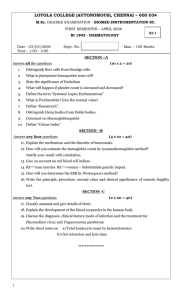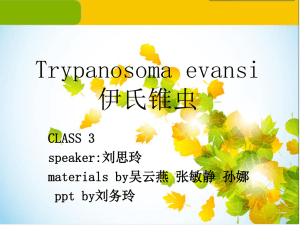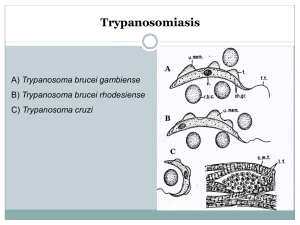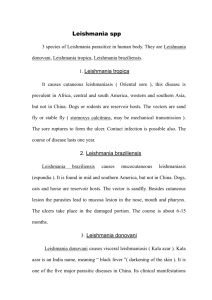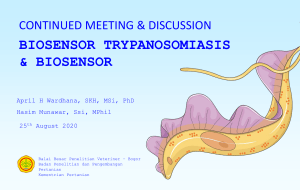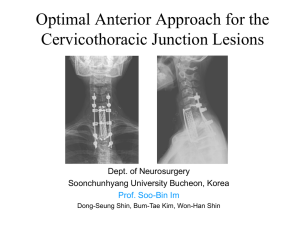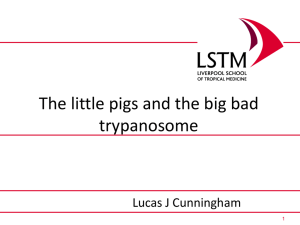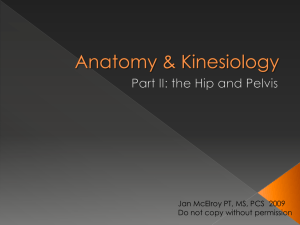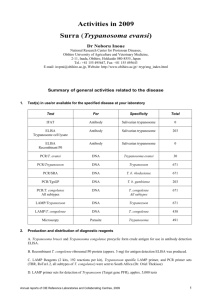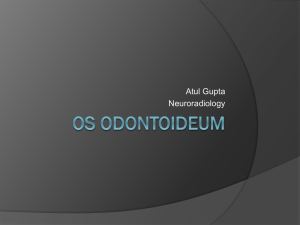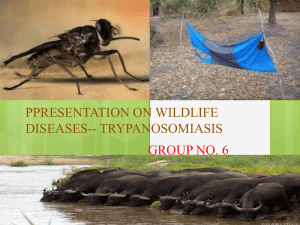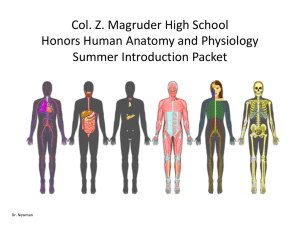Trypanosoma Spp
advertisement
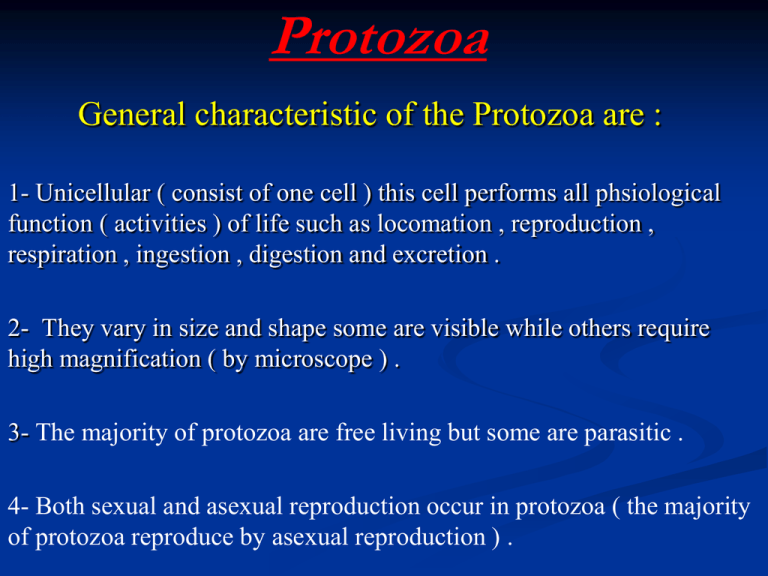
Protozoa General characteristic of the Protozoa are : 1- Unicellular ( consist of one cell ) this cell performs all phsiological function ( activities ) of life such as locomation , reproduction , respiration , ingestion , digestion and excretion . 2- They vary in size and shape some are visible while others require high magnification ( by microscope ) . 3- The majority of protozoa are free living but some are parasitic . 4- Both sexual and asexual reproduction occur in protozoa ( the majority of protozoa reproduce by asexual reproduction ) . Class : Mastigophora . Order:kinetoplastida Family: trypanosomatidae Genus:trypanosoma Disease:typansomiasis. 1- T.gambiense :cause African sleeping sickness in human. 2- T .crusi :cause chagas disease (American trypanosomiasis) in human and dog. 3- T .evansi : cause surra disease of all domestic animals. 4- T. equiperdum : cause Dourine disease in horse & donky . Transmission or intermediet hosts (vector):T .brucei T .gambiense T .rhodesiense tse tse fly (glossina). T .evansi tabanus (horse fly). T .cruzi kissing bug (panstrongylus). T. equiperdum transmition by coitus . Trypanosoma are present in blood , lymph , lymphnodes and cerebrospinal fluid .trypanosoma is multiply by longitudinal binary fission. Trypanosoma can be divided in to two groups:Salivaria groups T .brucei T .gambiense T .rhodesiense T .evansi T .equiperdum stercoraria groups T.cruzi T.lewsi T.theileri Morphology :1-trypanosmes is an elongated , spindle-shape cell with a single nucleus near the middle of parasite. 2-it has kinetoplast. 3-it has undulating membrane. 4-possess a slender-single flagella at the anterior end. 5-flagellum serve as organ of attachment and locomotion. 6-there are four stages in life cycle :A –trypomastigote:- postnuclear kinetoplast , flagellum start from anterior end with undulating membrane , found in vertebrate and insects . B –epimastigote:- kinetoplast anterior to nucleus flagellum emerging from the body and continuing to the anterior end with short undulating membrane. C –promastigote:- kinetoplast at the anterior end. Flagellum emerging from anterior end of the body . there is no undulating membrane. D–amastigote:- spherical or oval in shape without undulating membrane . flagellum not extend from outside the membrane , start from the kinetoplast . Diagnosis:1.blood smear , trypanosomes found in blood. 2.Lymph smear . 3.Serological test . Trypomastigote FORM Epimastigote Promastigote Amastigote Trypanosoma cruzi. A, B, C: Trypomastigotes in blood; D, E: epimastigote (with short anterior undulating membrane); F: amastigote colony in heart muscle. Bug Kissing found in Texas
